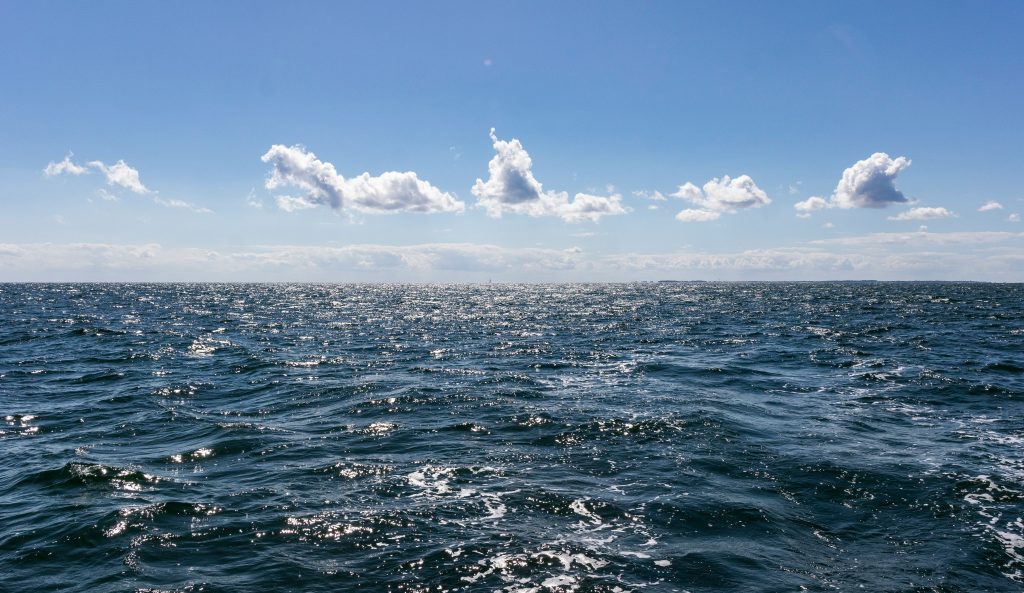Baltic Sea, Danube and macro-regional strategies: a model for transnational cooperation in the EU?

The flexible and task-specific approach that the EU macro-regional strategies, recently launched, for the Baltic Sea Region (2009) and the Danube Region (2010) may explain the enthusiasm they have drawn. However, although macro-regional strategies are pregnant with potential, it does not mean that this is a suitable instrument for all parts of Europe?
By analysing in detail two already existing macro-regional strategies, Stefanie Dühr questions how they operate and whether they bring any added value. By underlining the complexity of such governance questions and by examining the ramifications tied to the various geopolitical interests vested in the two macro-regional strategies, she helps us understand the importance of not drawing conclusions too quickly.
Transnational cooperation has emerged to address the ‘in-between issues’ that neither national and regional perspectives nor EU-wide perspectives gave sufficient attention. However, INTERREG programmes have been frequently criticised for creating additional administrative boundaries.
It is often argued that the strengths of the EU macro-regional strategies are the high-level of political commitment and the wide involvement of EU and national institutions in their development and implementation. Complex governance arrangements, however, present considerable challenges, as does the limited involvement of sub-national and non-EU actors.




